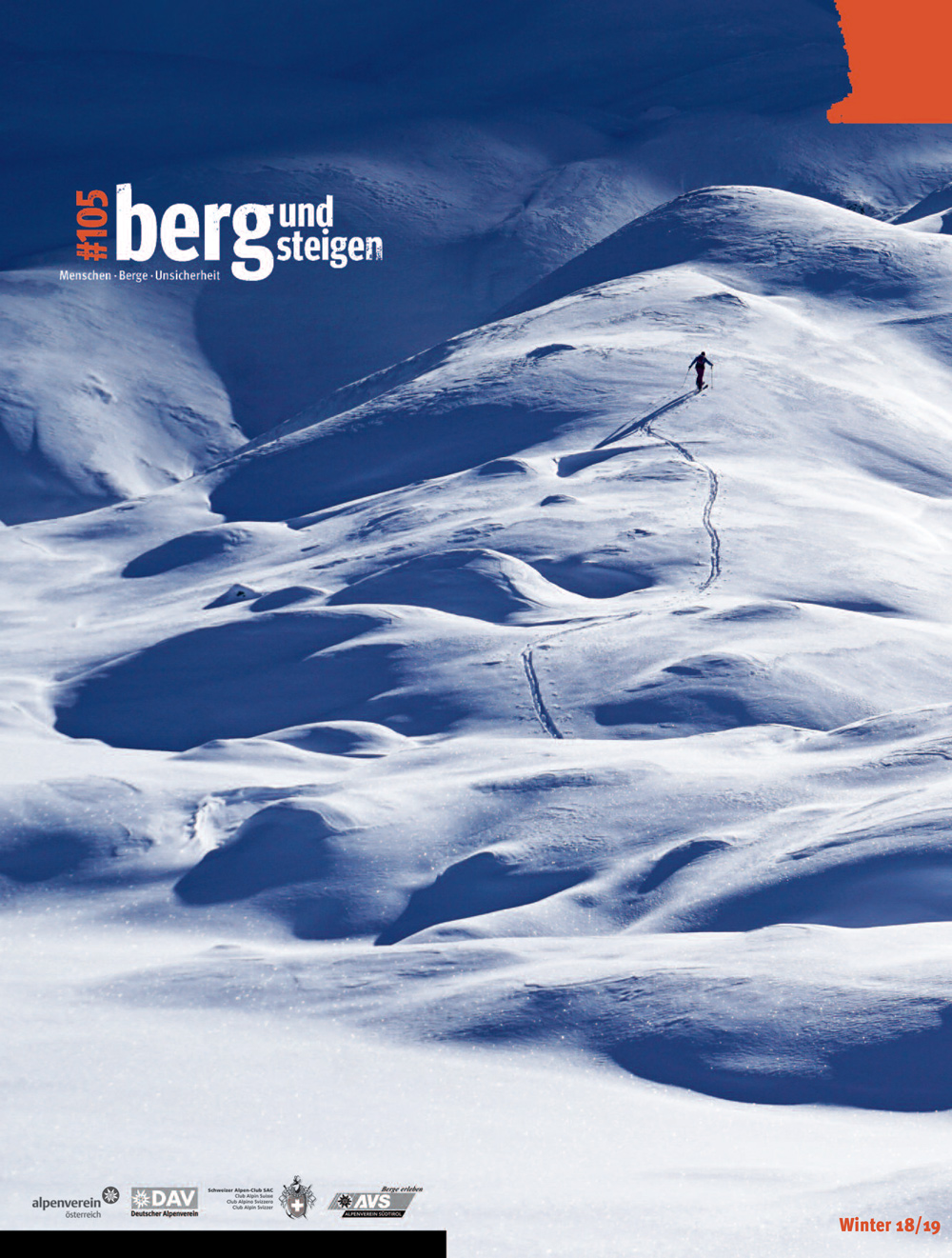2018
Mannberg Andrea, Hendrikx Jordy, Johnson Jerry
bergundsteigen #105 | winter 18/19 | S. 32- 38
Zusammenfassung
In economics, there is a growing body of research that suggests that many people have so-called „positional preferences“. A positional individual derives utility from their consumption relative to that of others. Let’s use an example. Suppose that you own a 5 year old car. It works reasonably well and takes you wherever you want to go. You are quite happy with it. Now suppose that you get a visit from your brother or son in law, who has recently bought a brand new and really nice car. How does your level of satisfaction react to this situation? If you feel a reduction in wellbeing, you are positional. If not, well, then you dont have positional preferences. Positional preferences are unfortunately problematic. The reason is that, as you try to climb to the top of the ladder of success, there is always someone left behind who will try to catch up with you. In risky activities such
as investing or backcountry skiing, this kind of behavior has the potential to draw people into riskier situations. To see if this positionality carries from economics into backcountry travel and risk-taking behavior, we use results from an online survey distributed in North America (N = 745), to analyze if backcountry riders’ level of contentment with their personal riding is affected by others’ backcountry activities, i.e., if they are positional, and if positionality for backcountry experiences is associated with increased risk-taking behavior.
Our findings suggest that many are positional, and that positional preferences for challenging terrain is correlated with relatively high risk exposure. The positionality effect is present regardless of level of avalanche training and suggests that current avalanche education does not change one’s positionality related to risk taking behavior. Our results provide support for the hypothesis that social comparisons may overwhelm logic we learned in our avalanche class. It further suggests that avalanche courses should be adapted to deal with the “keeping up with the Joneses” (not necessarily Jeremy Jones), effect by incorporating some comprehension of personality type or at least introspection in the presentation of course material.



